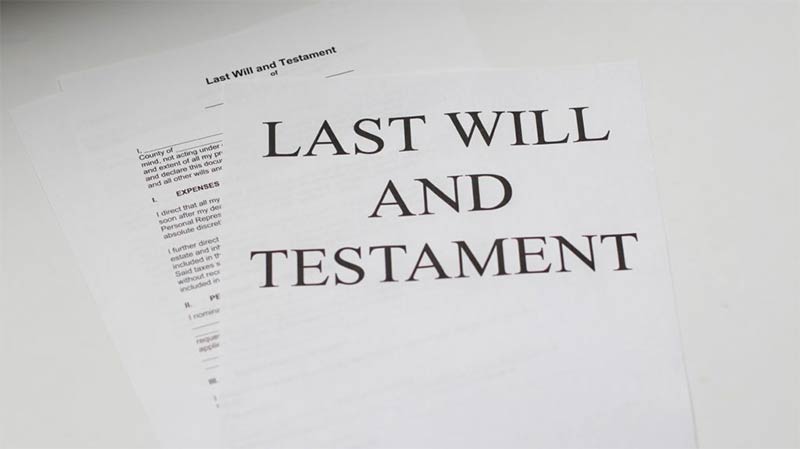If “nothing has changed” in your life, then you shouldn’t need to update your will. However, estate planning is more than your will. The chances that “nothing” has changed after even a few years is unlikely. Updating your estate plan and making sure that your estate plan is current is as important as originally creating it.
Forbes’ recent article, “Old Estate Plans May Be Harmful To Your Wealth,” explains that if you haven’t updated your planning after the 2017 Tax Act, a more accurate comment would be to say that “everything” has changed. That legislation made significant changes by increasing the estate tax exemption, eliminating personal itemized deductions and many other details.
There could be another change in the state or federal tax or probate law.
On your end, you or an heir may experience marriage or divorce—or a death in the family or of a vital person named in documents. Maybe you moved to a new state or welcomed a new child or grandchild. Another change is a substantial change in economic circumstances, like a change in jobs or careers. You may now have new or worsening health issues. Finally, you may have second thoughts about a bequest, or there’s been a change in relationship with a fiduciary or beneficiary.
Don’t focus on a list of the changes that should trigger an update to your estate plan. Those types of changes are often obvious. It’s the less obvious changes that don’t make the lists and that you might not even consider as requiring you to update your planning and documents.
You might not even be aware of a major change in your state’s tax laws or whether it applies to your circumstances.
It’s best to meet with your estate planning attorney any time you believe something important has occurred, like one of the events listed above. However, regardless of having a particular reason, you should meet every few years.
The bigger and more complex your estate is, the more complex your family, the more often that should be. For many, meeting every year is very prudent, certainly every year or two makes sense.
Reference: Forbes (September 27, 2019) “Old Estate Plans May Be Harmful To Your Wealth”


